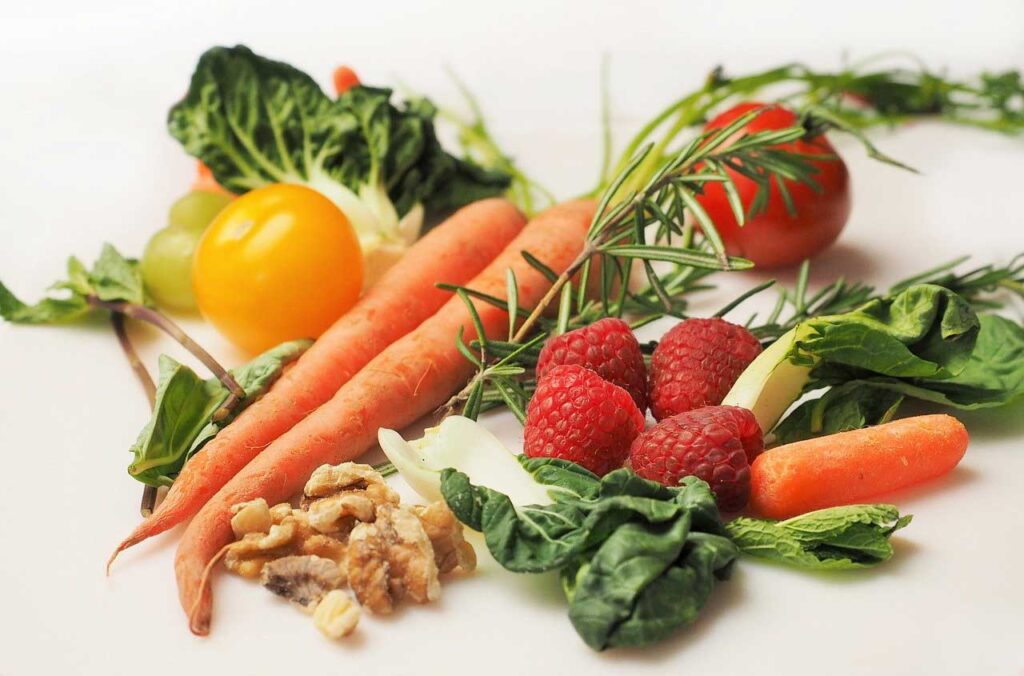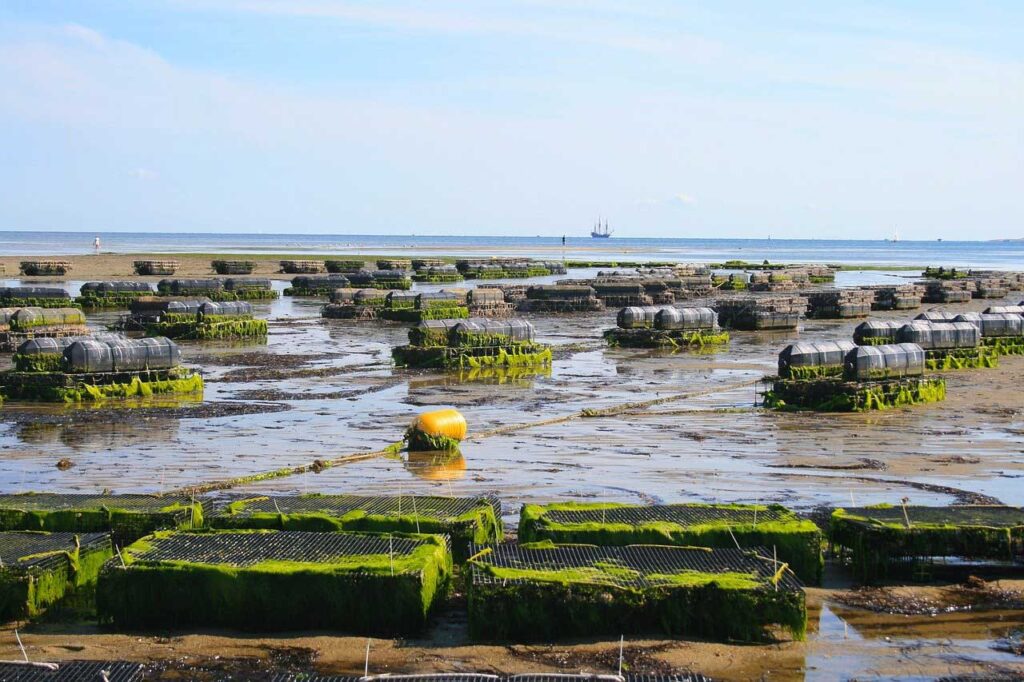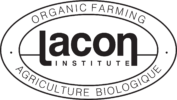ORGANIC CERTIFIICATION
Organic Food: Production, Storage, Marketing and Import
The organic consumer expects the highest level of food safety when she/he buys organic products. For this reason, the entire chain connected with organic products has been included in the legislation governing the control process. Everyone who brings an organic product on the market is subjected to the organic control. There are only certain exemptions in the case of retailers selling to consumers.

Organic Farming
Organic agricultural produce is the basis for producing healthy and high quality organic products. Legislative authority has laid down all regulations for the production, processing and labelling of organic products in the Organic Regulation, Commission Regulation (EU) No 834/2007 and the accompanying guidelines hereto, Commission Regulation (EU) No 889/2008.
Fertile soil, maintained by implementing diversified crop rotation and animal husbandry well-suited to local conditions, provides the nutrients for healthy, strong plants thereby forming the basis for organic farming. Preventive measures, such as the selection of suitable varieties, serve to protect the plants against disease.
Organic Beekeeping
Bees are very important for ecological balance in agriculture and forestry as they pollinate plants. Organic beekeeping requires keeping the bee colonies under species-appropriate conditions, using resistant bee varieties, constructing housing made natural substances with residue free honey combs and middle walls of wax from organic production units and making use of organic acids or essential oils for depleting varroa-mite disease.
The hives must be placed such that the nectar and pollen supplier plants within the flying radius of the bee colonies are on organically farmed land or from cultures and/or wild plants that do not jeopardize the organic quality of the beekeeping products.

Organic Aquaculture
The steadily increasing global demand for seafood has lead to a rapid expansion of the aquaculture industry because the quantities that can be fished are no longer sufficient to meet the needs of this growing demand.
Organic aquaculture production provides innovative aquaculture producers with the opportunity to distinguish themselves from industrial aquaculture producers and to boost their income.
